Palazzo Pfanner
Palazzo Pfanner, a splendid historical residence in Lucca, is renowned for its stunning architecture, beautiful gardens, and rich history.
Located near the city’s ancient walls, this 17th-century palace offers visitors a glimpse into the opulent lifestyle of Lucca’s noble families.
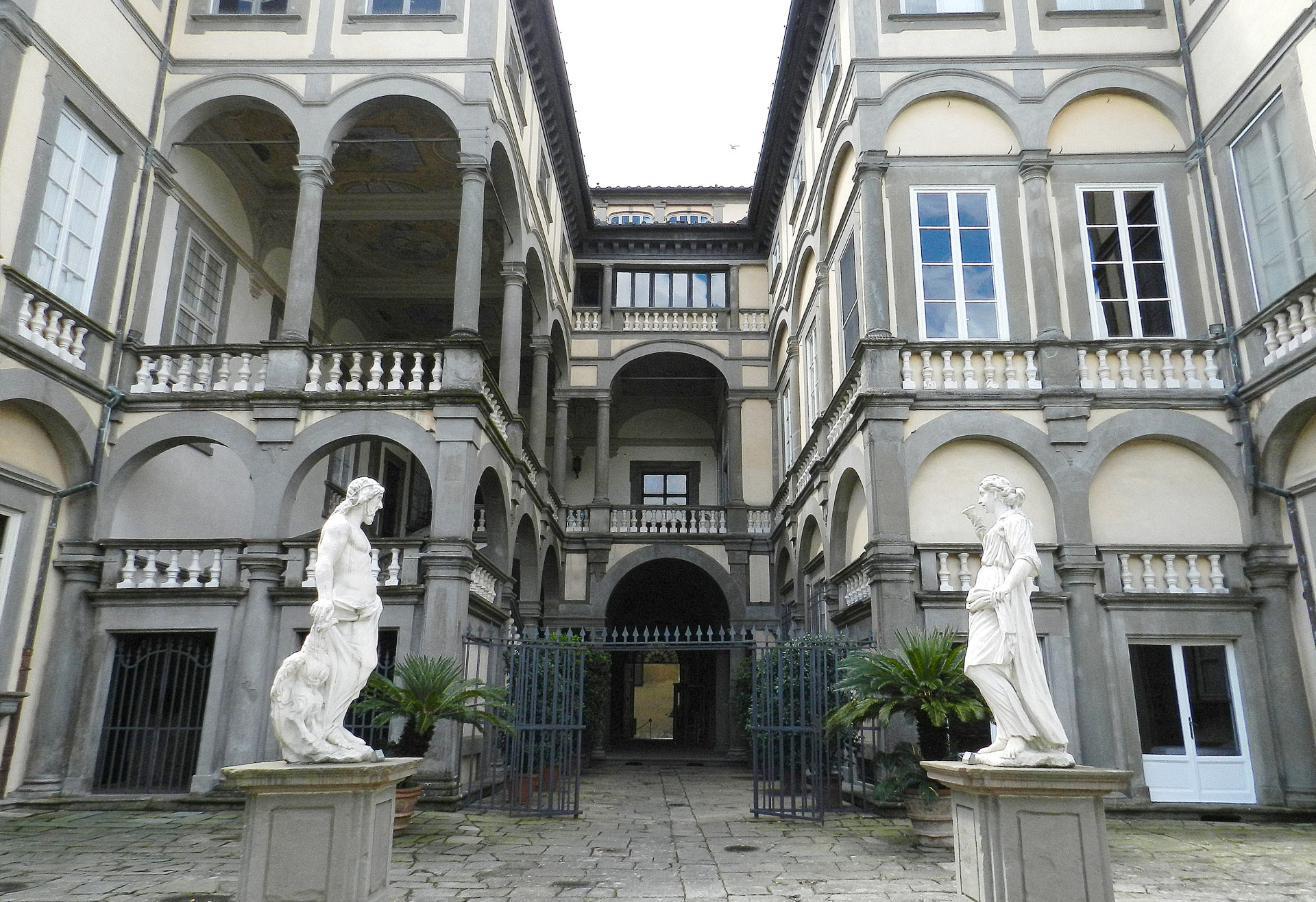
Constructed in 1667 by the Moriconi family, the palace was later purchased by the Controni family in the 18th century. In 1846, it was acquired by Felix Pfanner, a Bavarian brewer who established the first brewery in Lucca within the palace. The Pfanner family still owns the property today.
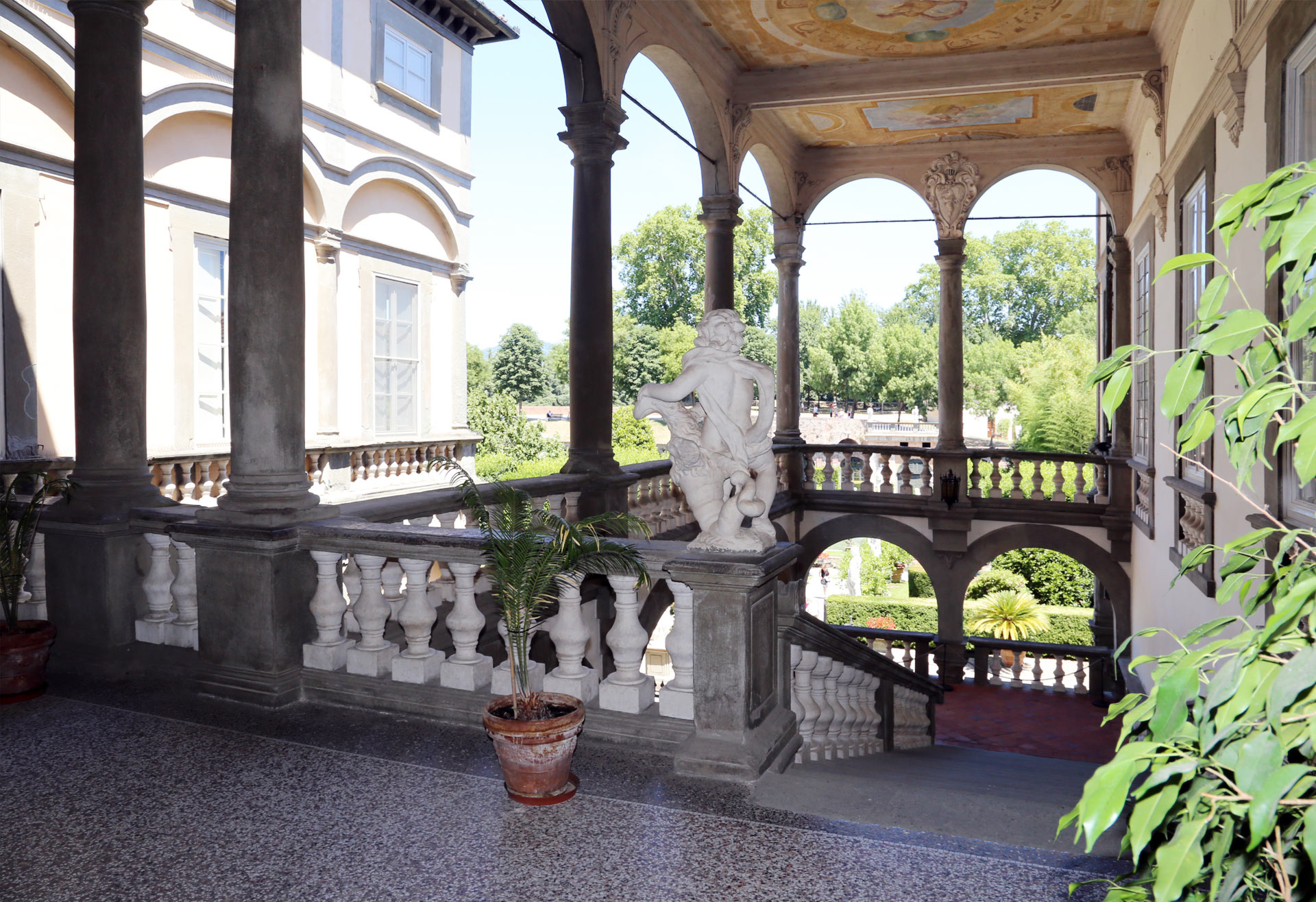
Palazzo Pfanner external staircase
The interior of Palazzo Pfanner is equally impressive, with rooms adorned with frescoes, antique furniture, and historical artifacts. The grand staircase and spacious halls reflect the opulence of the era, and the palace often hosts exhibitions, weddings, and cultural events.
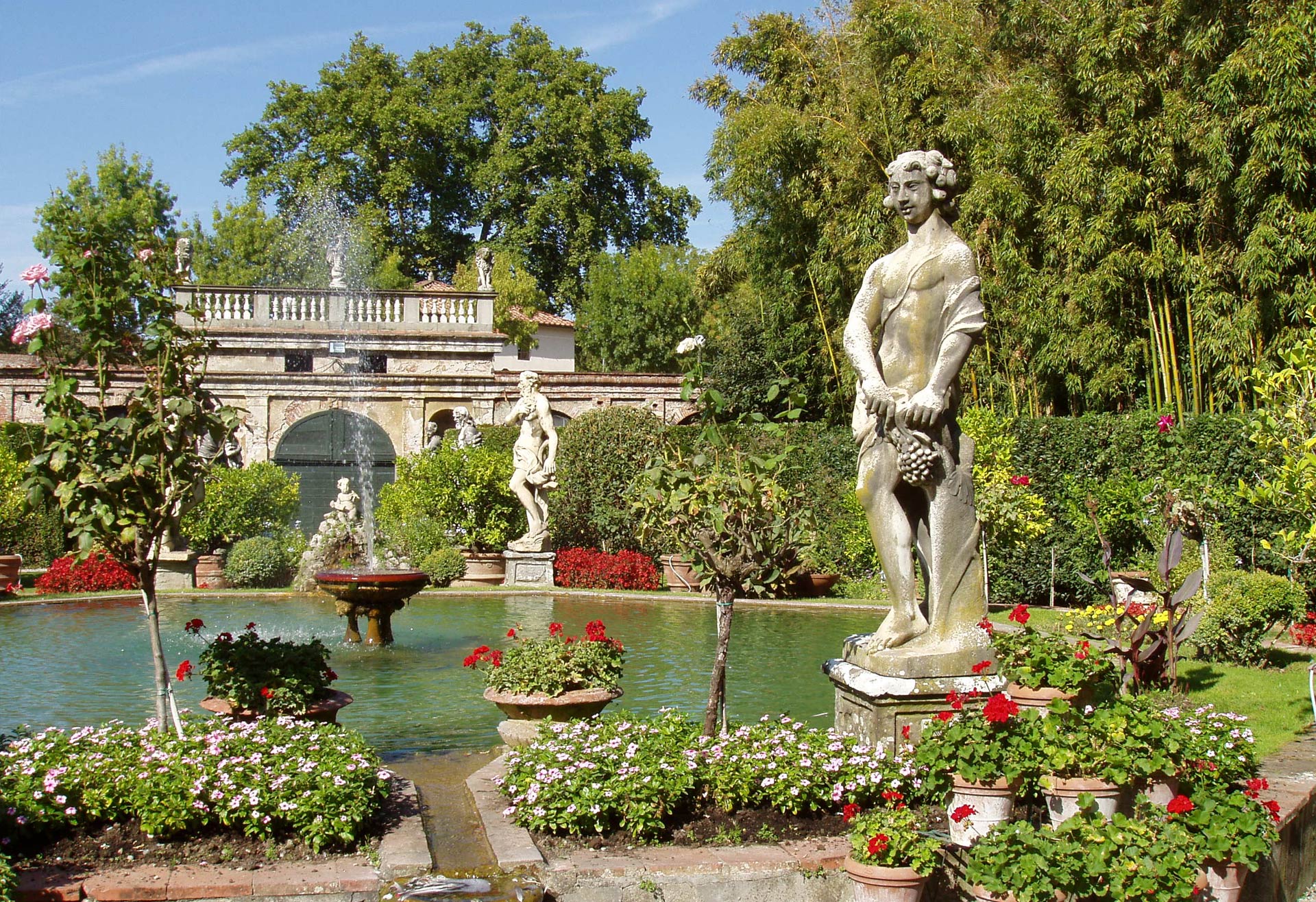
Gardens Palazzo Pfanner
Visiting Palazzo Pfanner
Palazzo Pfanner is open to the public, allowing visitors to explore both its exquisite gardens and richly decorated interiors. Informative displays provide insights into the history and significance of the palace and its former inhabitants.
Map
Booking in Pistoia
Related Posts
The Walls of Lucca are a defining feature of this charming Tuscan city, offering both historical significance and contemporary leisure[…]
The Church of San Michele in Foro is a remarkable example of Pisan Romanesque architecture located in the historic center[…]
The Guinigi Tower, a prominent symbol of Lucca, stands out not just for its height but for its unique rooftop[…]
The Duomo di San Martino, or Lucca Cathedral, is a magnificent example of Romanesque architecture in Tuscany.
Founded in[…]
The Piazza dell’Anfiteatro in Lucca is a stunning elliptical plaza that sits on the site of an ancient Roman amphitheater.[…]

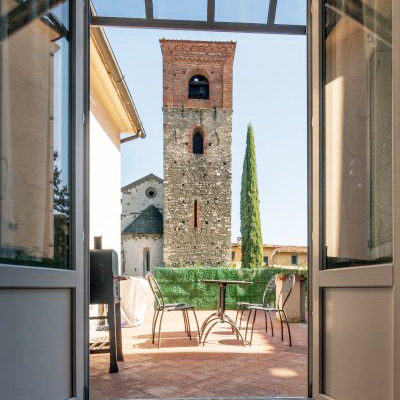
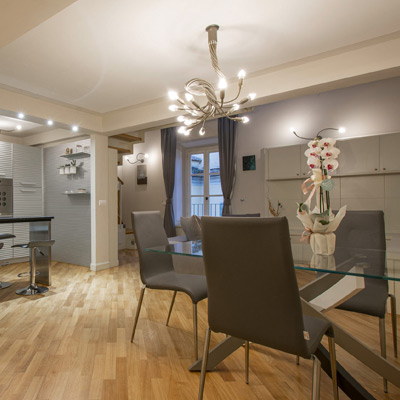
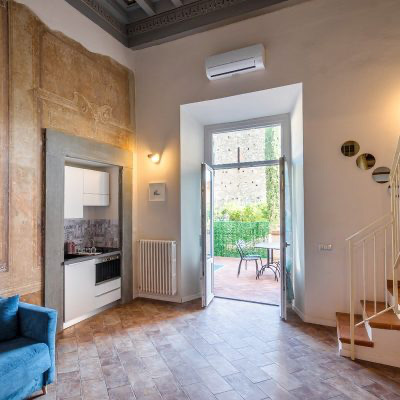
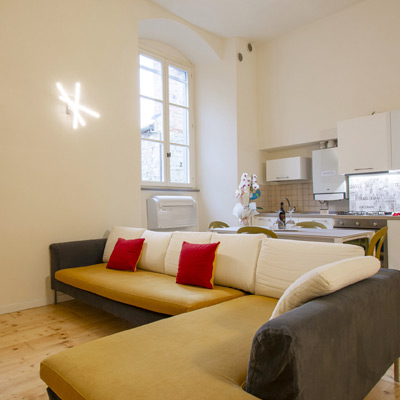
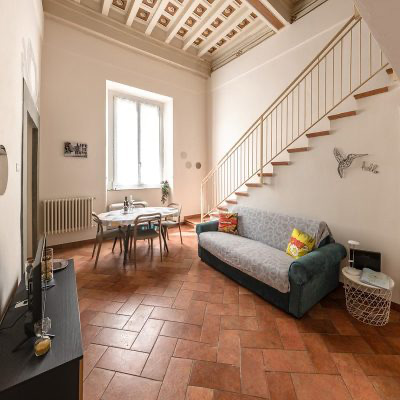
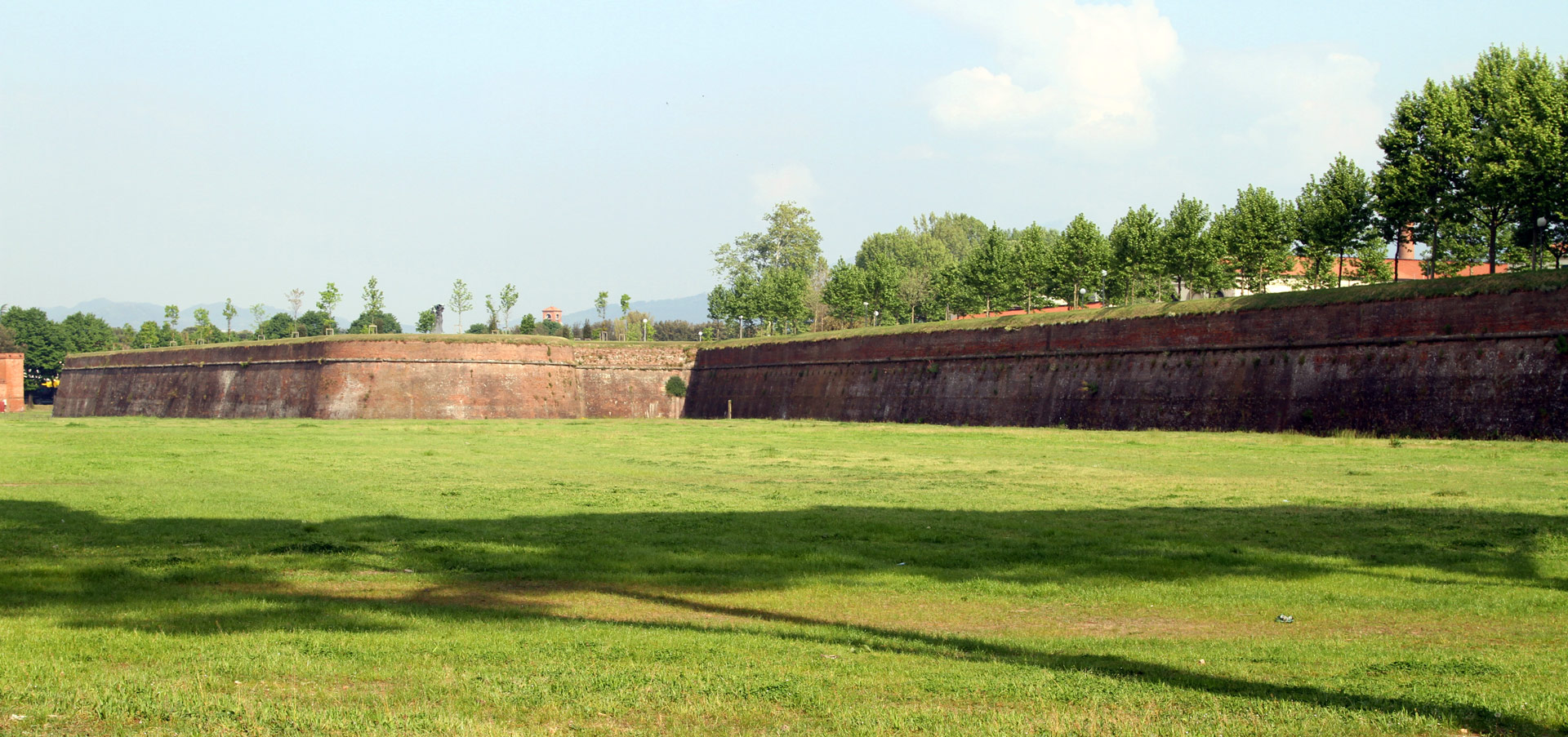
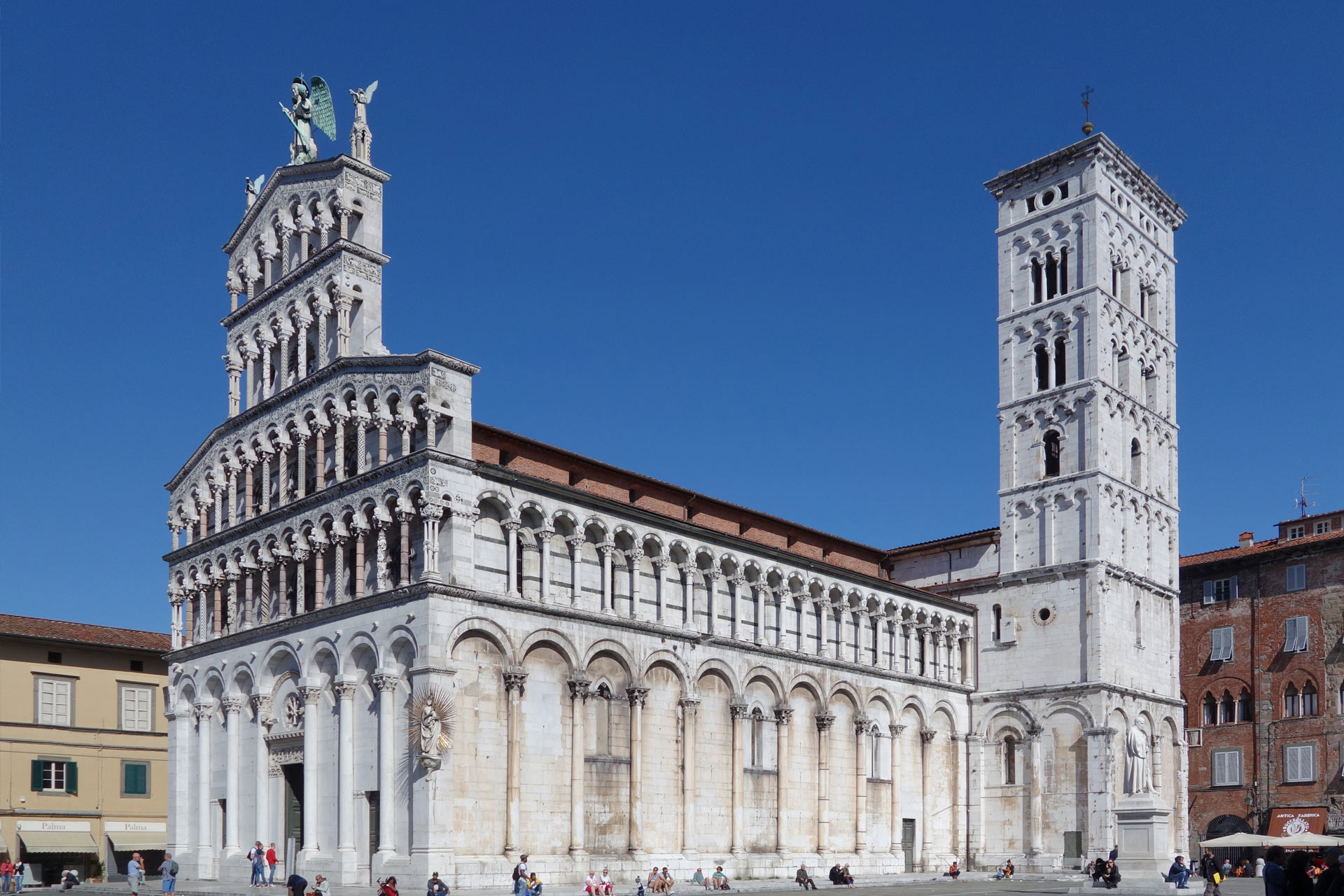
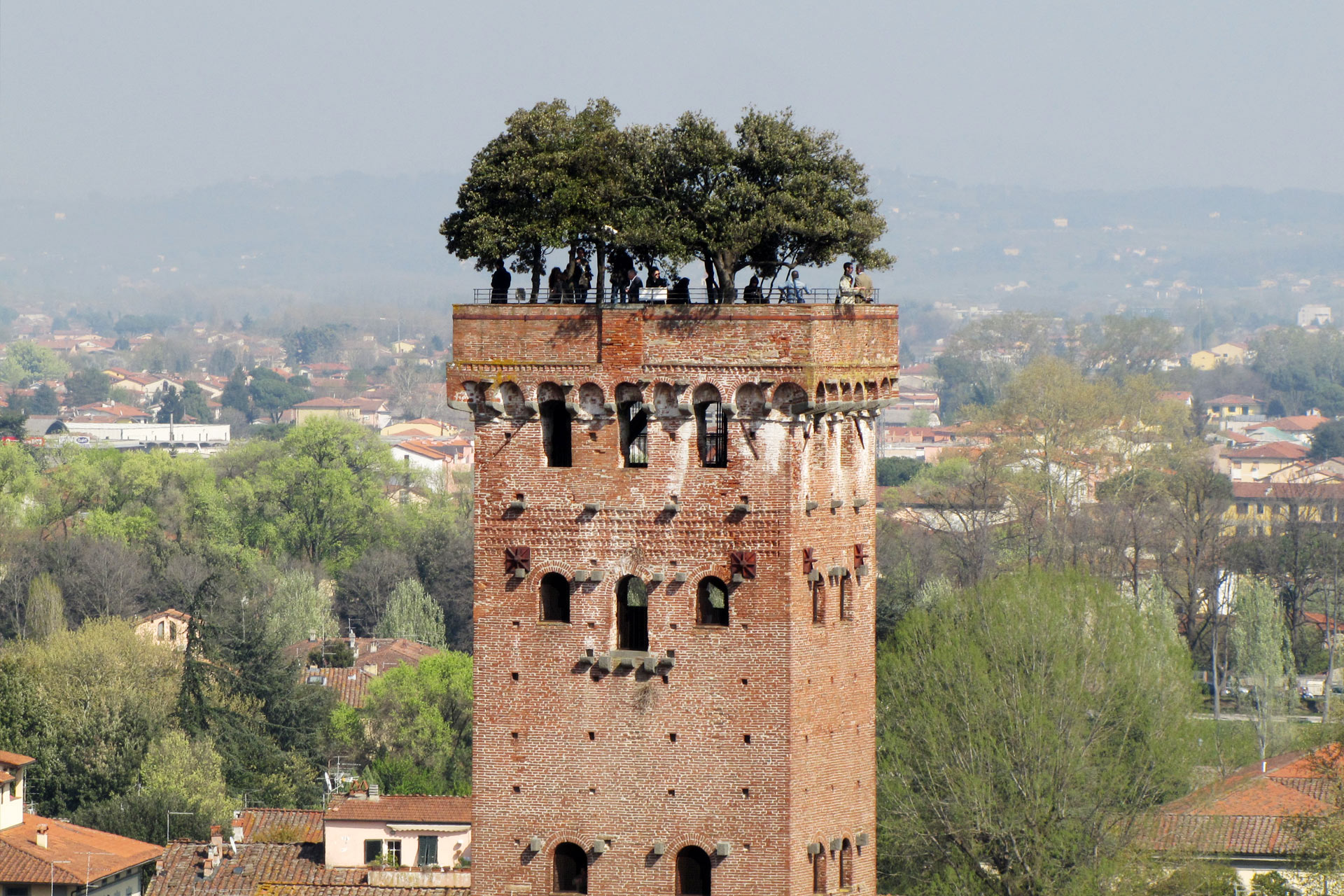
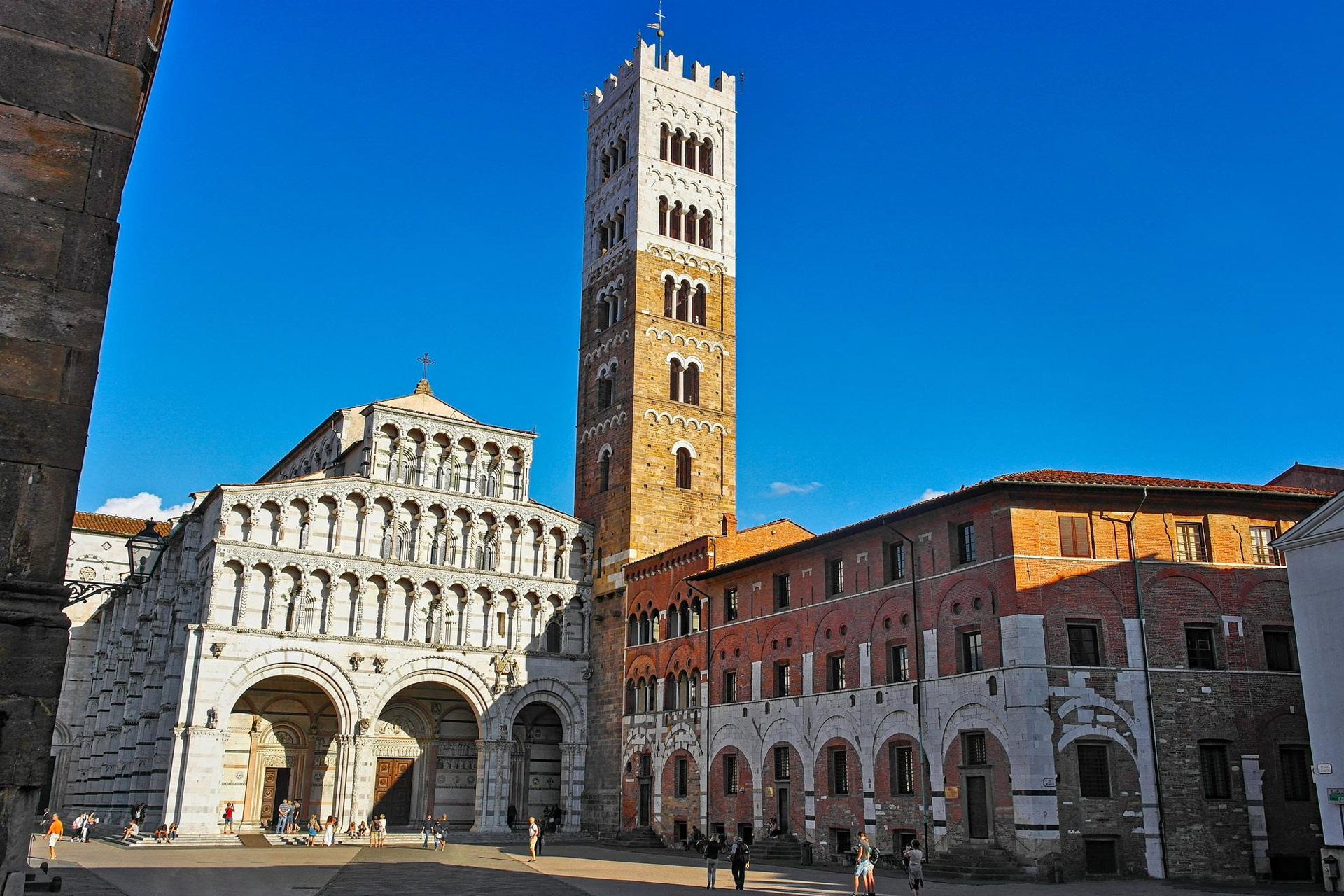
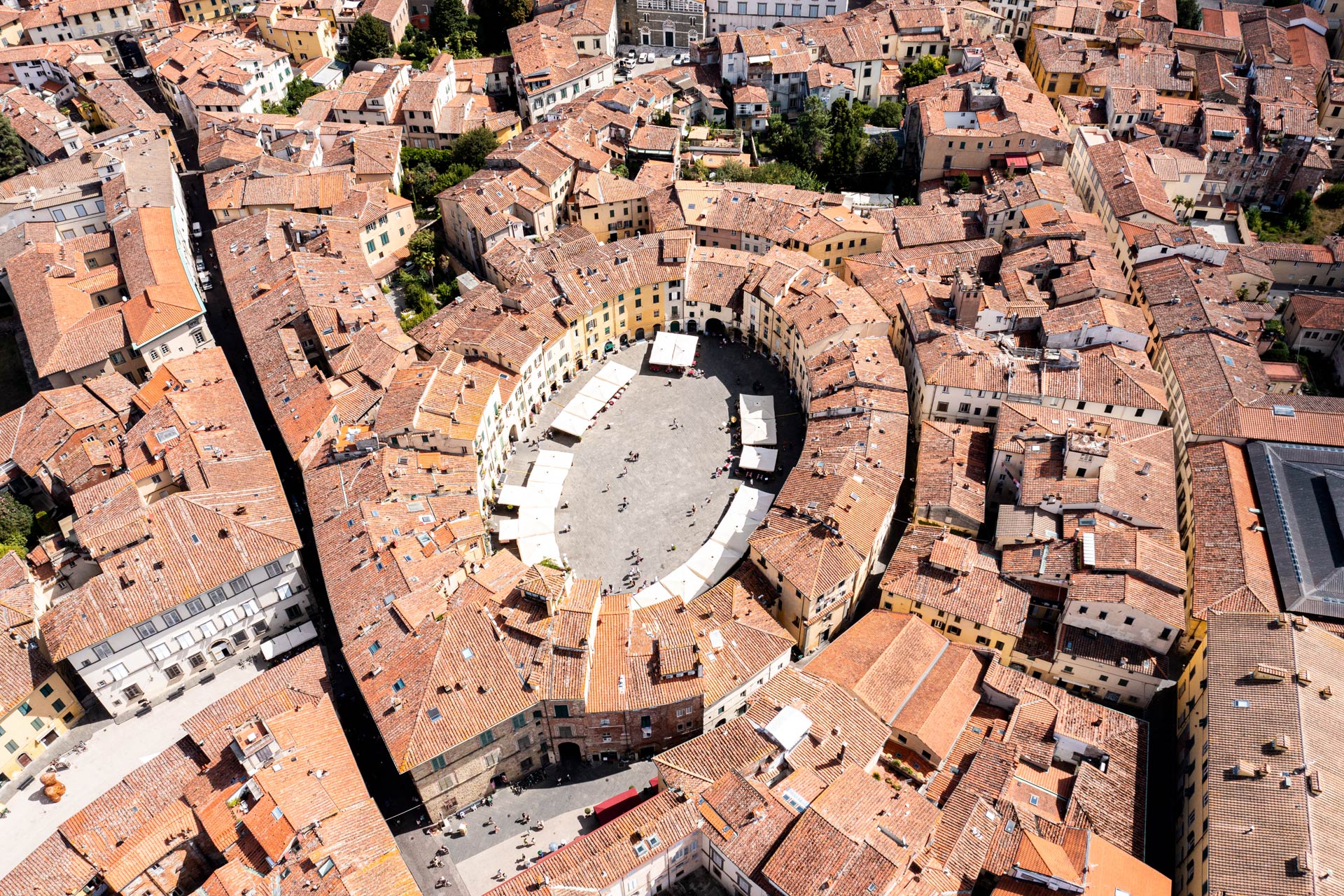
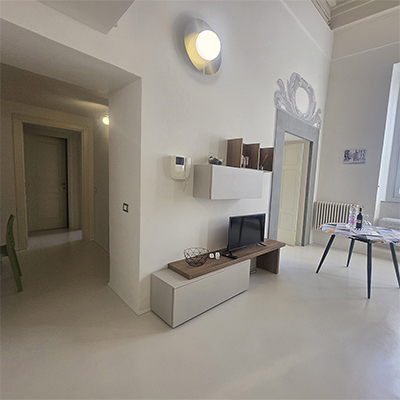



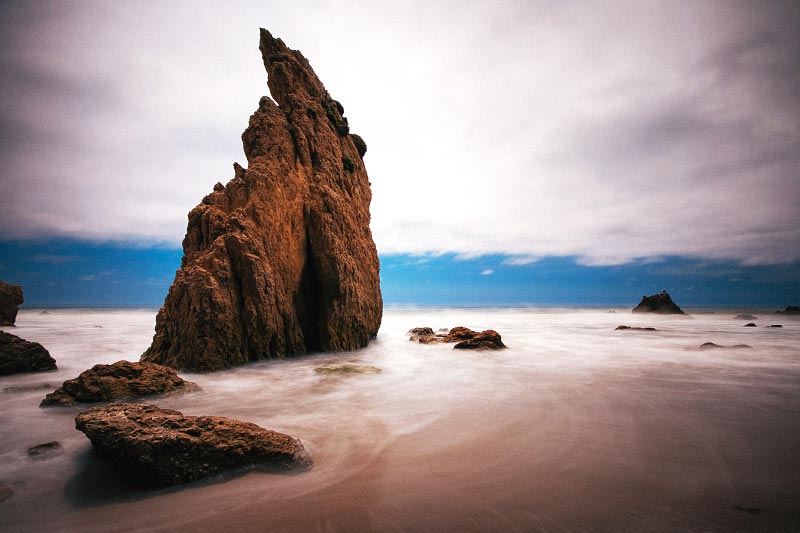



Keep In Touch